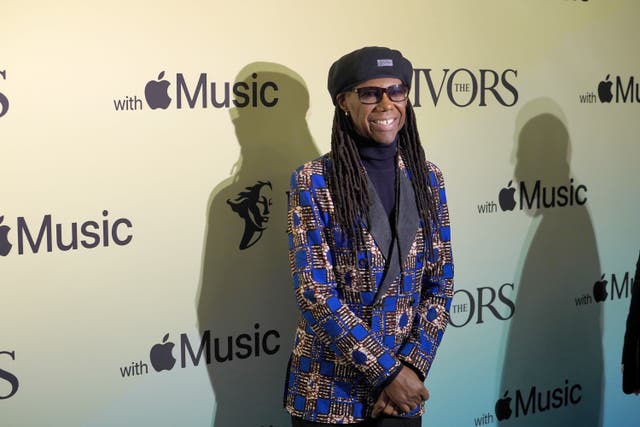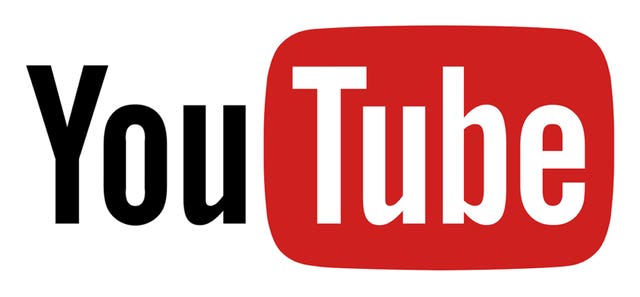Ministers have referred the case of the market dominance of major record labels to the Competition and Markets Authority.
The Digital, Culture, Media and Sport Committee report on the economics of streaming previously warned that “pitiful returns” from the current system are impacting the “entire creative ecosystem”.
It said some successful and critically acclaimed musicians are seeing “meagre returns” from their work and non-featured performers on songs are being “frozen out altogether”.

The report also raised “deep concerns” about the position of the major music companies in the market.
Major record labels Sony Music, Warner Music and Universal Music appeared before MPs during the sessions, while tech giants Spotify, Amazon, Apple and YouTube also gave evidence.
Responding to the recommendations of the committee, the Government has referred the case to the CMA.
The Government response said: “The CMA is an independent regulator.
“There may be value in a market study, but it is for the CMA to decide how best to use its resources to deliver its objectives in making markets work well for consumers and businesses.
“We have written to the CMA on this recommendation.”
The committee also recommended legislation on equitable remuneration to improve performers’ income, and the Government response said: “This is a complex area and the Government takes the concerns of music creators seriously.
“This is why we are launching work to better understand issues of fairness in creator and performer remuneration.
“As part of this work the Government will assess different models, such as equitable remuneration and the artist growth model, to explore how they are likely to affect different parts of the music industry and how they might be achieved, including through potential legislation.
“It will also explore these issues through engagement with our music industry contact group and expects to update on progress in spring 2022.”
The committee additionally recommended that rightsholders be “properly remunerated” for works used and shared online by user-generated content platforms such as YouTube.

The Government response said ministers believe that song rights holders are “an important part of the music creation and music streaming process.”
It added: “As such, it wants to explore ways in which new and upcoming songwriters, composers and independent publishers can be better supported whilst ensuring it does not undermine the ability of the various players in the streaming environment to freely enter into commercial agreements.
“To this end, as part of its wider work on fair outcomes in the music industry, the Government will bring together industry representatives to take views on these issues and inform any future action.”
According to the Broken Record campaign, under the current system artists receive around 16% of the total income from streams, while record companies receive around 41% and streaming services around 29%.
The inquiry, which was launched following increased scrutiny prompted by the Covid-19 pandemic, received more than 300 pieces of evidence including from Chic star Nile Rodgers, Radiohead guitarist Ed O’Brien, Elbow frontman Guy Garvey and singer-songwriter Nadine Shah.
Julian Knight MP, chair of the DCMS committee, said: “Our inquiry into music streaming exposed fundamental problems within the structure of the music industry itself.
“It is testimony to all those who gave evidence to our inquiry that the Government has acknowledged our report as a ‘key moment’ for the music industry.
“Crucially, ministers have accepted a key recommendation to refer the dominance of the major music groups to the Competition and Markets Authority.
“Our report laid bare the unassailable position these companies have achieved. We provided evidence of deep concern that their dominance was distorting the market.
“Within days we expect to see the Government’s own research published into the pitiful earning of creators in this digital age and hope it will corroborate what artists and musicians told us.
“We will be monitoring the outcome and what tangible steps the Government pledges to take to redress this unfairness and reward the talent behind the music.”
A spokesperson for the British Phonographic Industry (BPI), the UK independent and major record labels association, said royalty rates have “increased under streaming – up to around 25% compared with around 18% under the CD era – a 40% rise, contributing to artist revenues growing faster than label income and investment into launching new acts growing all time”.
The spokesperson added: “Competition in the UK music industry is fierce. As the Government observes, streaming has provided more routes to market for artists and creators. We note the Government’s response that the CMA is an independent regulator and any decision to conduct a market study rests with them.
“Should the CMA conduct a study, we look forward to detailing labels’ role in supercharging the careers of British talent within a complex and dynamic ecosystem.
“At a time when much of the UK music sector has come under pressure as a result of the pandemic, recorded music has returned to growth and continued to invest, benefitting the wider music community when most needed.
“We welcome Government’s recognition of the need for a better understanding of the complexity of the music streaming market, and that industry action to address issues of concern is preferable to legislative intervention that may negatively impact performers, jeopardising the hard won return to growth after years of decline – and harming music creators and UK music’s global competitiveness.”
